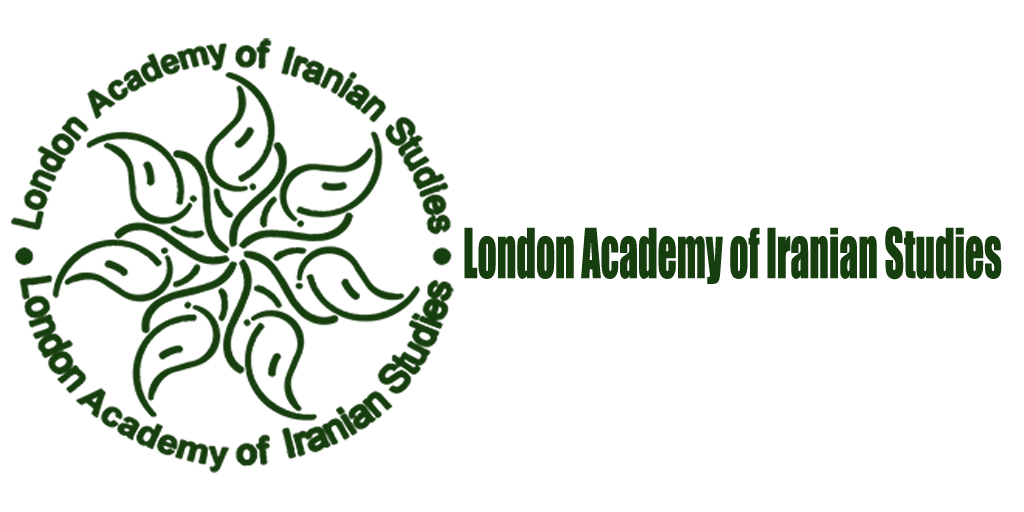Dr. Abdul Rahim Afaki University of Karachi, Pakistan Abstract This paper seeks to describe the contemporary state of the Qur’ānic hermeneutics focusing the alternate theories concerning the structure of the Qur’ānic text. It restricts to identifying only two such theories: the view that the Qur’ān is a thematically coherent structure wherein all the elements are […]
Author Archives: admin
Abdul Rahim Afaki University of Karachi, Pakistan Abstract This paper reviews Martin Heidegger’s two major writings on hermeneutic phenomenology and time and defines his perspectives on the hermeneutic turn of metaphysics. Heidegger first draws a sharp distinction between what he conceives of hermeneutics and phenomenology, and then underpins to amalgamate them […]
Transcendent Philosophy Journal Volume 12, December 2011, has been published by the London Academy of Iranian Studies. To view the journal click here. Contents The Structure and Semiotics of the Second Book of Rumi’s Mathnawi as a Whole Mahvash Alavi [5-28] Ethics in the Protection of Environment Seyyed Mostafa Mohaghegh Damad [29-54] Mulla ‘Ali Nuri as […]
Seyed G Safavi London Academy of Iranian Studies Abstract This paper examines the philosophical views of Mulla Sadra and Descartes on ‘Soul’, in five main axis. The Five axis include the following: 1. Exposition of Mulla Sadra’s philosophical view concerning the soul; 2. Exposition of Descartes view on the soul; 3. Examining points […]
Gustav Richter (1906-39)1 Abstract In this lecture, Richter refers to Goethe’s Westoestlicher Diwan in trying to decipher the personality of Rumi. In classical Orientalist language, Richter traces the social and historical forces which would have influenced Rumi’s life and work, his relationship with his father and with Shams-i-Tabriz. Finally, Richter attempts to find […]
